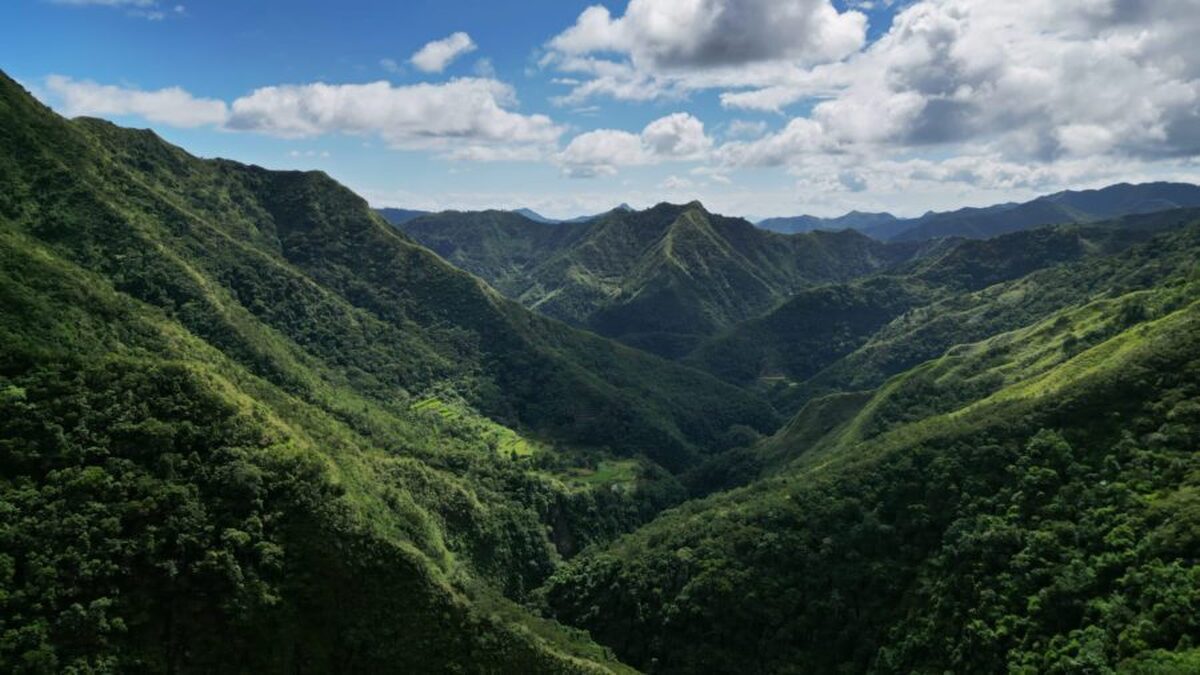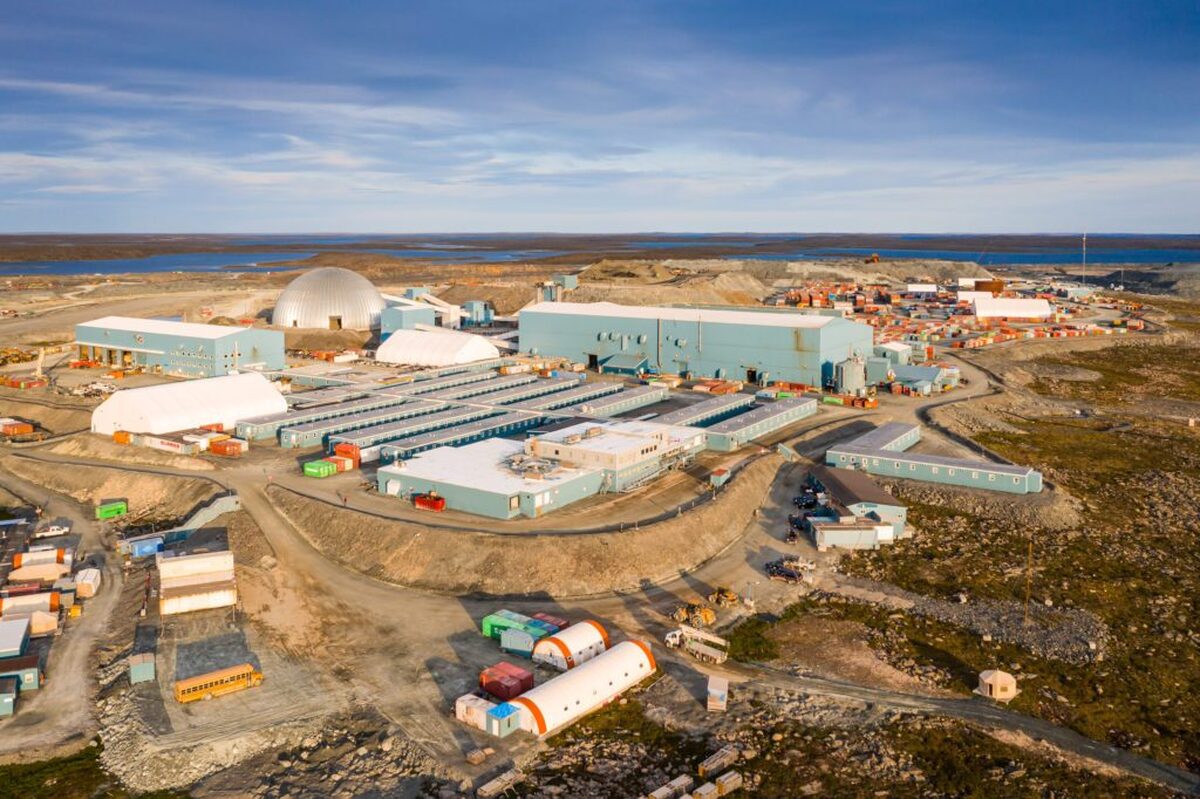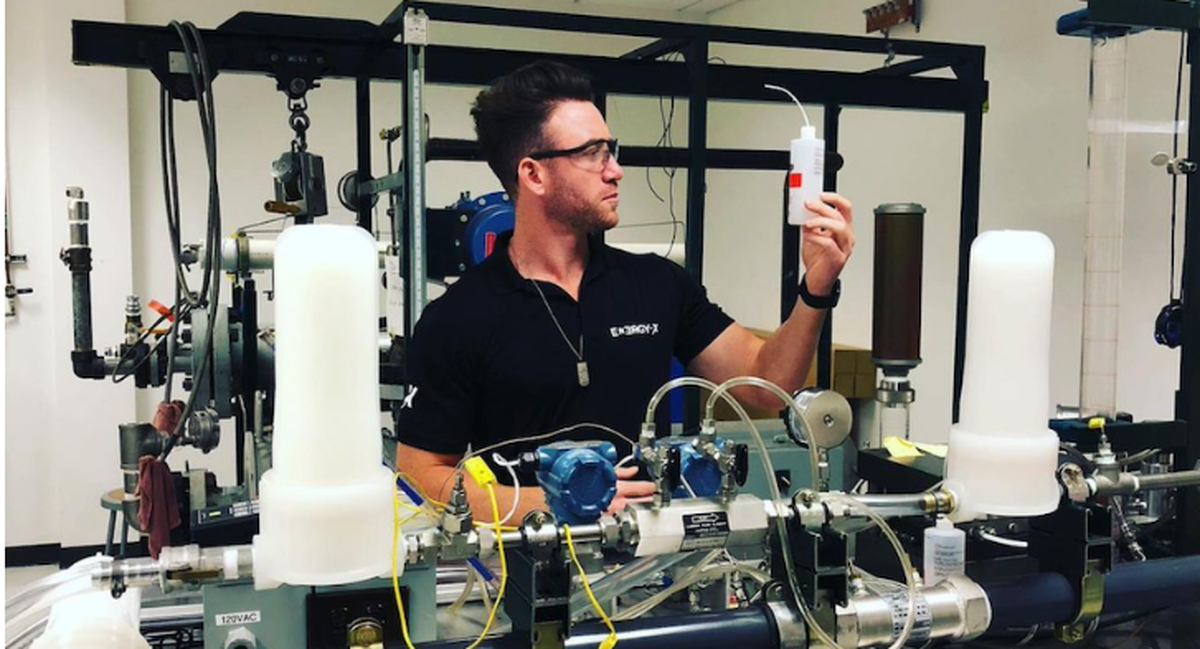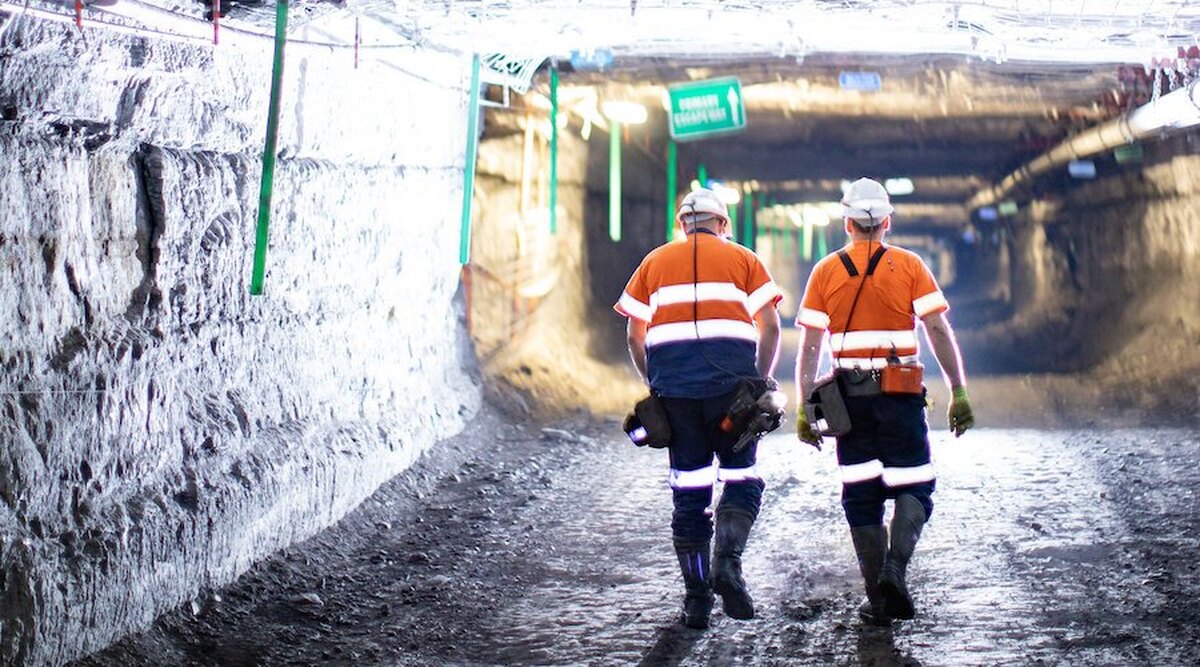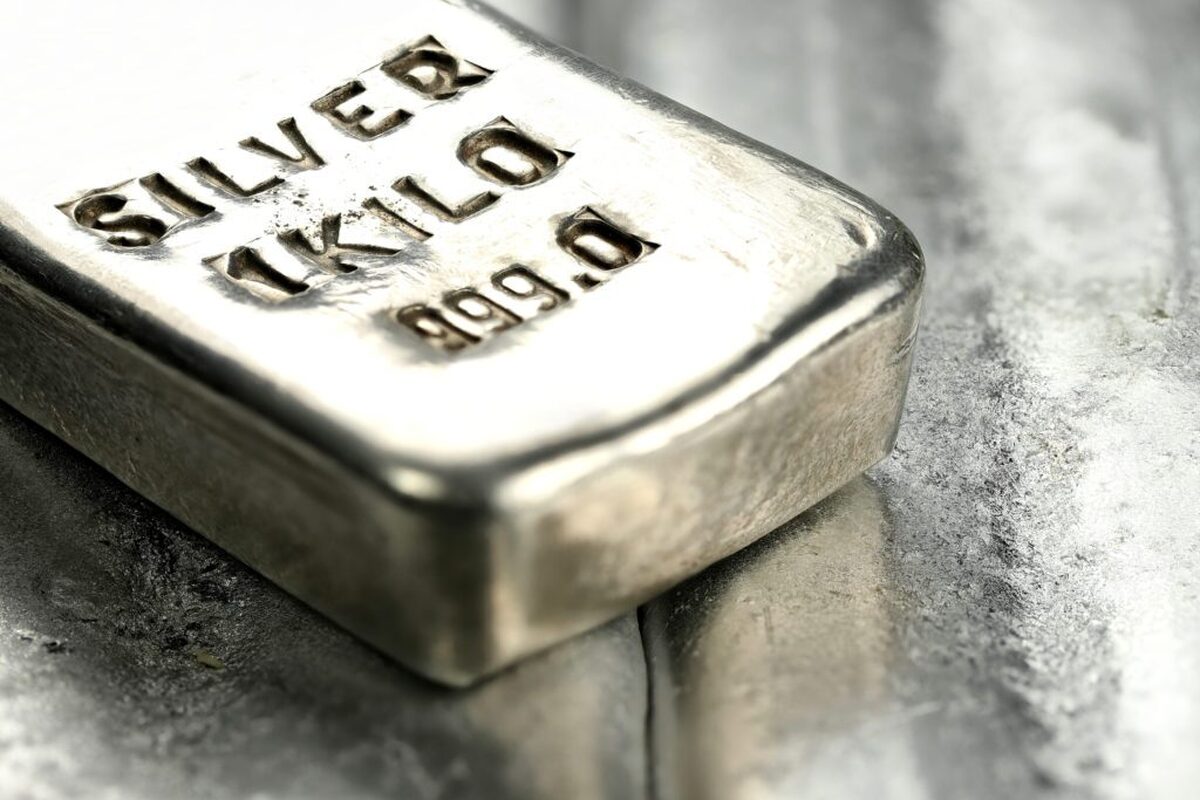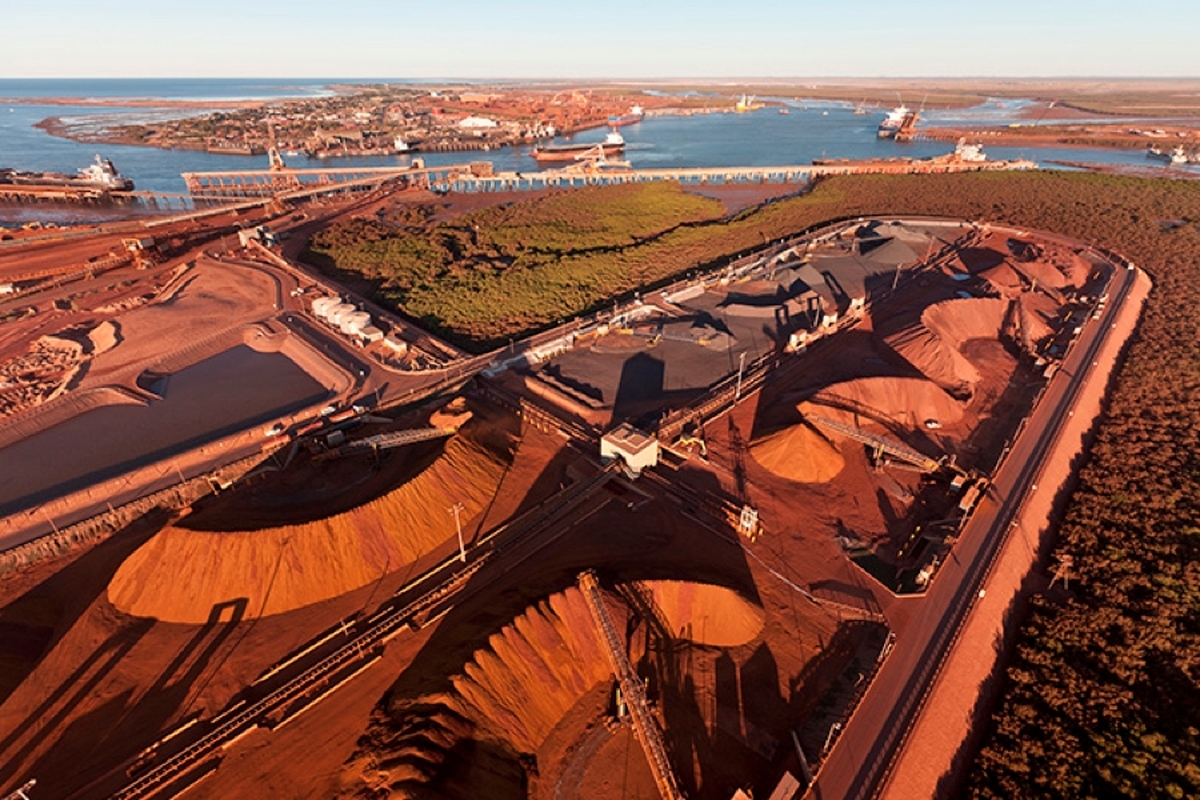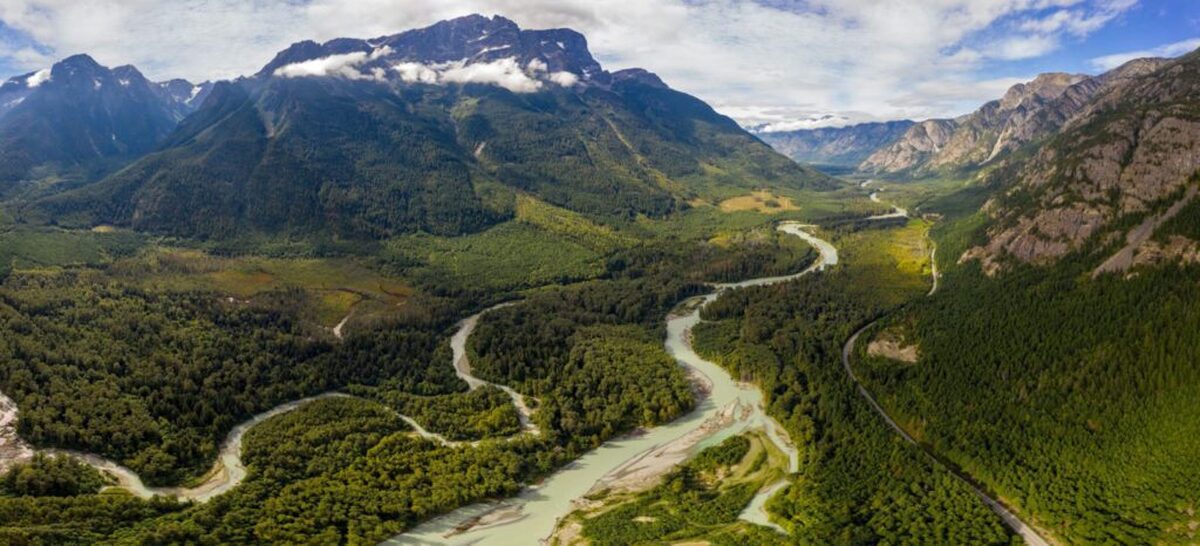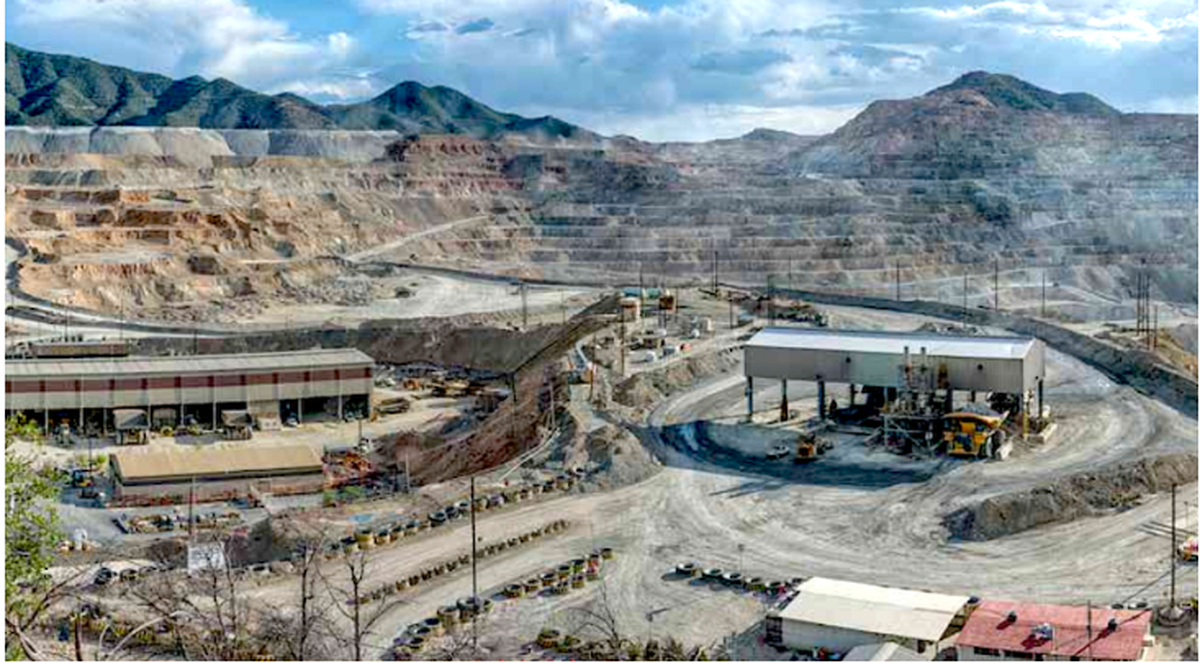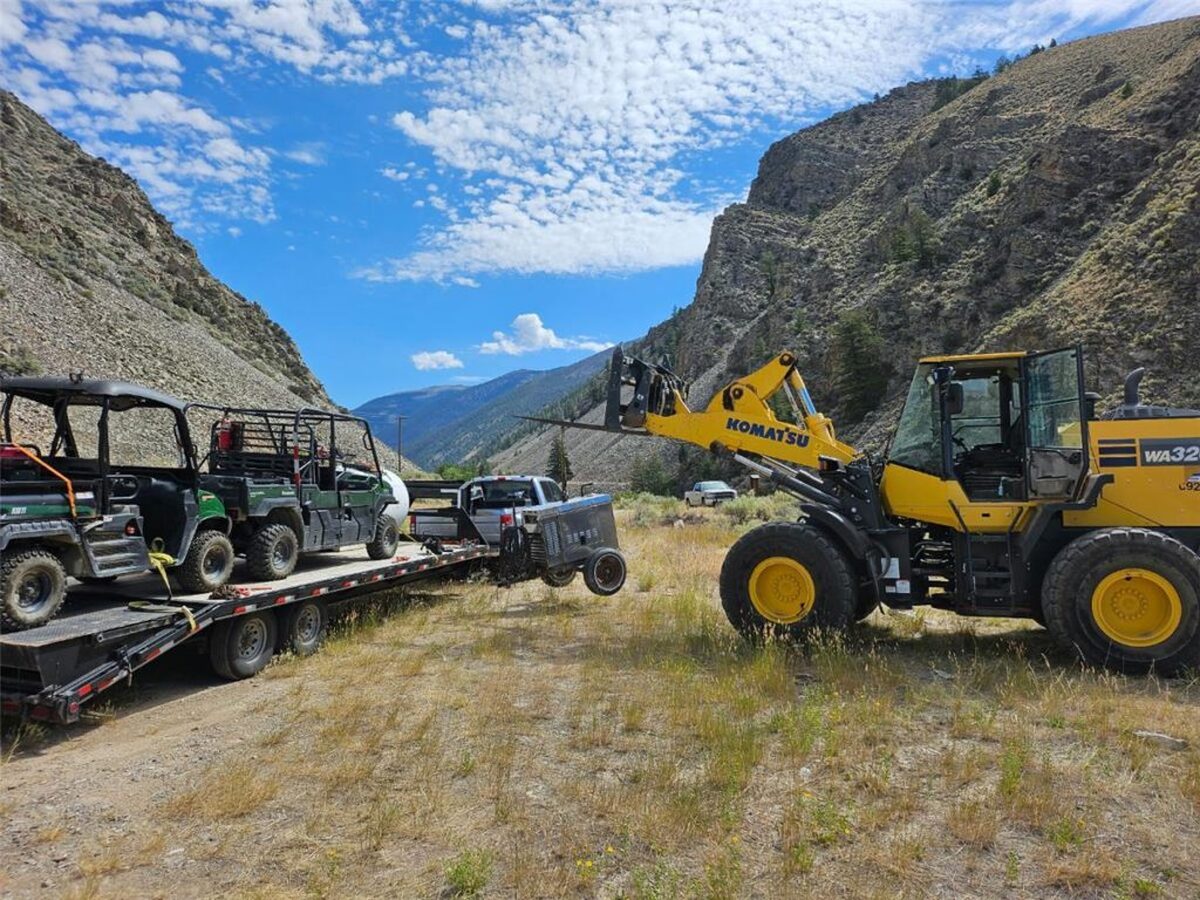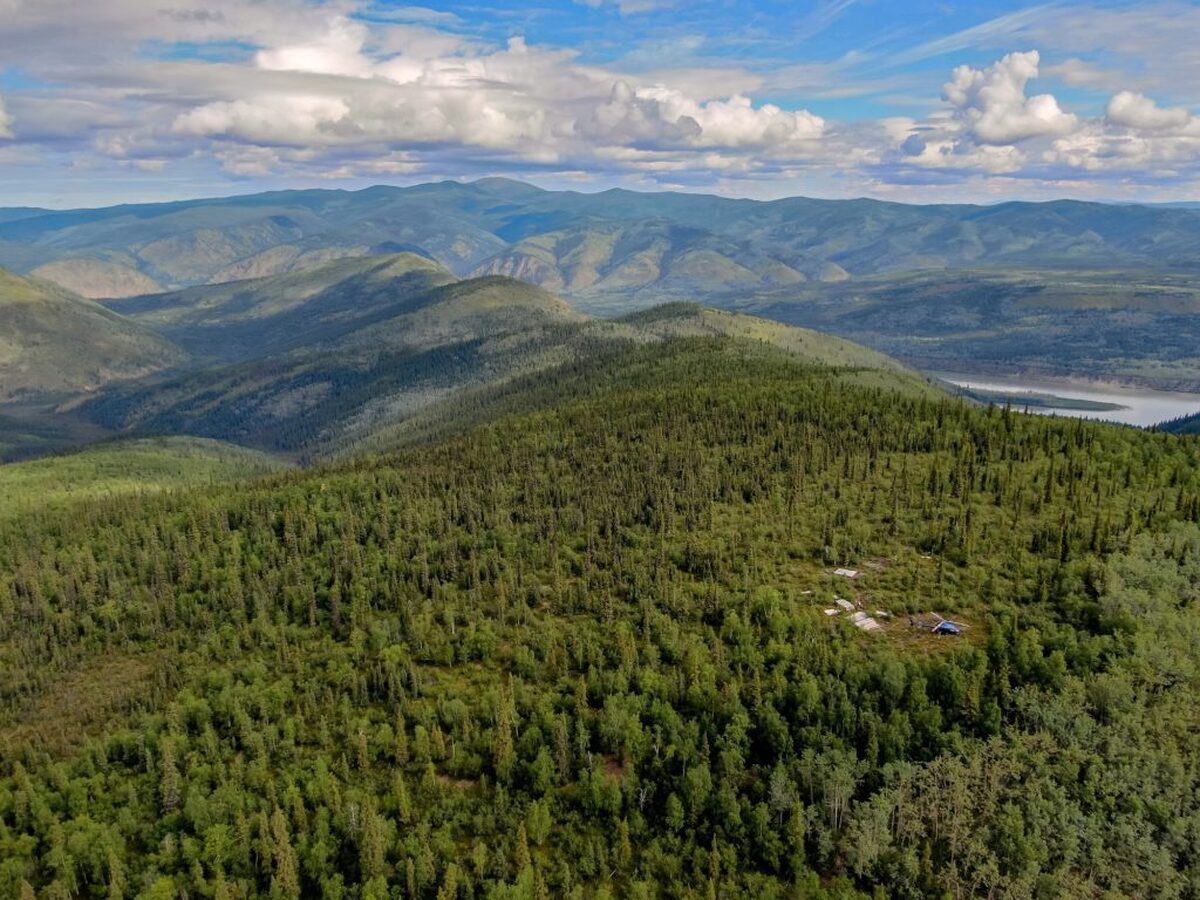
B2Gold gets Mali nod to start underground mining at Fekola
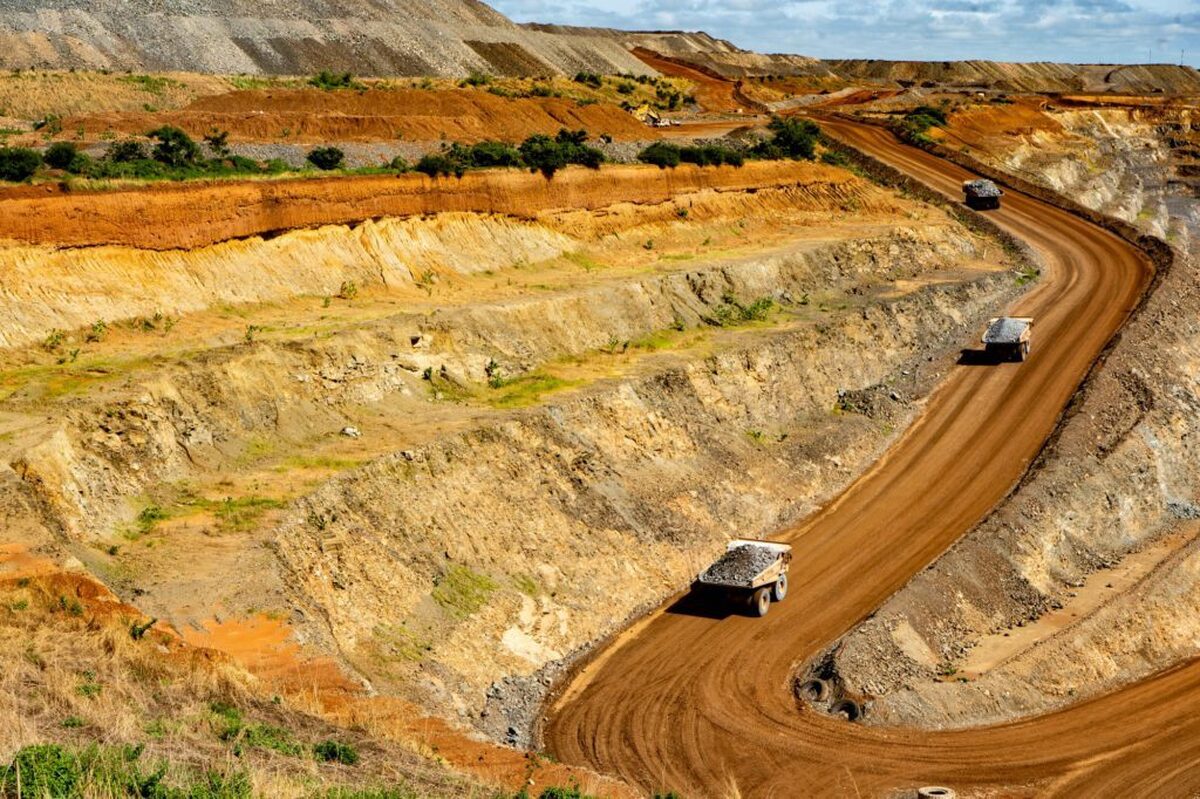
According to me-metals cited from mining.com, The approval, which took effect Wednesday, follows a week of negotiations in Mali’s capital, Bamako, between B2Gold executives and key Malian officials including Prime Minister Abdoulaye Maiga. B2Gold and Mali both remain committed to an agreement signed in September related to the ongoing operation and governance of the Fekola complex, according to a statement issued late Wednesday.
Underground development work at the mine – including the installation of all required infrastructure – started more than a year ago in anticipation of the government approval. Stope ore production at Fekola underground began as soon as the green light was given, B2Gold said.
“B2Gold didn’t waste any time getting mining started,” National Bank Financial mining analyst Don DeMarco said Thursday in a note.
Shares of the company rose 0.9% to $4.65 Thursday morning in Toronto. That gave B2Gold a market capitalization of about $6.2 billion.
B2Gold’s success in reaching an agreement with Mali contrasts with the standoff pitting Barrick Mining (TSX: ABX; NYSE: B) against the country’s military-led government. Barrick and Mali have been mired in a dispute over taxes, gold export rights and ownership of the Loulo-Gounkoto gold mine for months.
Mali’s decision, which comes about one month later than B2Gold’s initial expectations, will help boost output at Fekola’s already-completed 9-million-tonne-a-year processing plant.
Open-pit production at Fekola – which B2Gold acquired in 2014 – began in 2017 and an expansion followed two years later. Fekola’s open-pit operation produced 93,805 oz. of gold in the first quarter of 2025, accounting for just under half of the company’s global output. Executives are projecting higher totals this year as underground mining kicks in.
Production at the complex, which includes the Fekola and Cardinal open pits and the underground mine, should hit 515,000-550,000 oz. in 2025, B2Gold said Wednesday, reiterating an earlier forecast. Fekola underground will contribute about 25,000-35,000 oz. of the total, the company added.
All-in sustaining costs at the complex are expected to range from $1,550-$1,610 per oz. this year.
Underground mining “could help support production and cash flow in 2026 by pushing back or spreading out the significant waste stripping planned for the Fekola open pit to access the high-grade ore,” Scotia Capital mining analyst Ovais Habib said in a note.
Vancouver-based B2Gold owns 80% of the Fekola mine, while the Malian government has a 20% stake. Mali also owns 35% of Fekola Regional, a different B2Gold project that’s located about 20 km from the Fekola mine.
B2Gold said it expects to receive exploitation permits for Fekola Regional by the end of the third quarter. Gold production would begin in late 2025.
Once operational, Fekola Regional is projected to contribute about 180,000 oz. annually between 2026 and 2029 and support an extension of the mine life into the 2030s.
source: mining.com

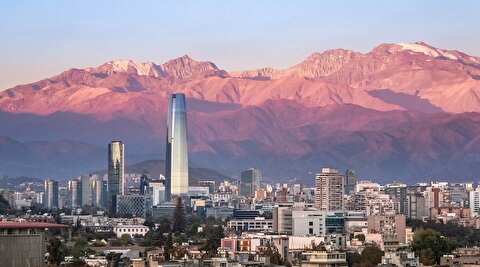
Chile’s 2025 vote puts mining sector’s future on the line

Gold price could hit $4,000 by year-end, says Fidelity
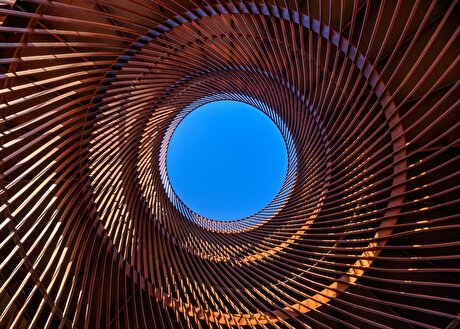
Copper price hits new record as tariff deadline looms
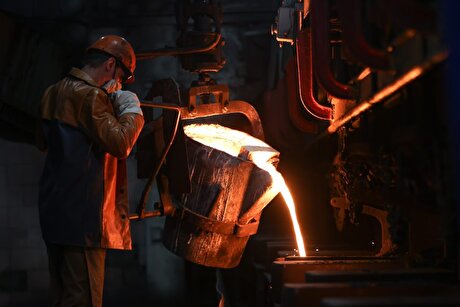
Brazil producers look to halt pig iron output as US tariff threat crimps demand
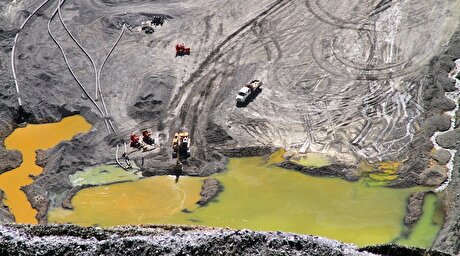
US targets mine waste to boost local critical minerals supply
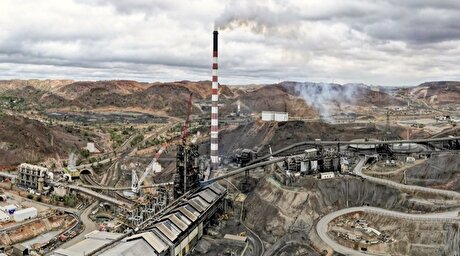
Glencore workers brace for layoffs on looming Mount Isa shutdown
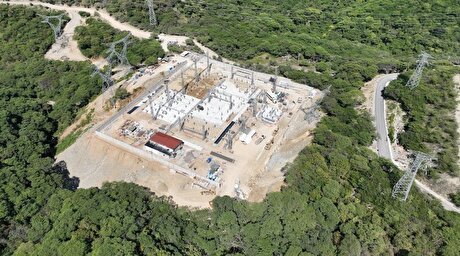
Torex Gold buys Prime Mining in $327M Mexico expansion

Column: EU’s pledge for $250 billion of US energy imports is delusional

Gold price retreats to near 3-week low on US-EU trade deal
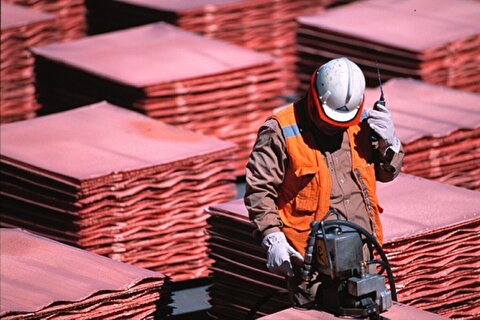
Copper price collapses by 20% as US excludes refined metal from tariffs
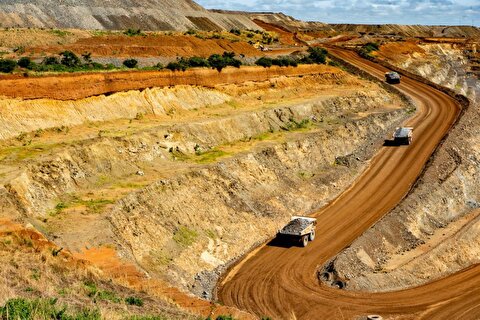
B2Gold gets Mali nod to start underground mining at Fekola

St Augustine PFS confirms ‘world-class’ potential of Kingking project with $4.2B value
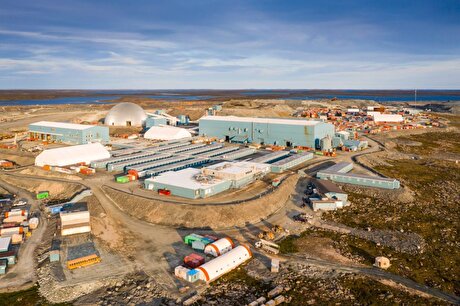
Agnico stock rises on record quarterly profit, free cash flow
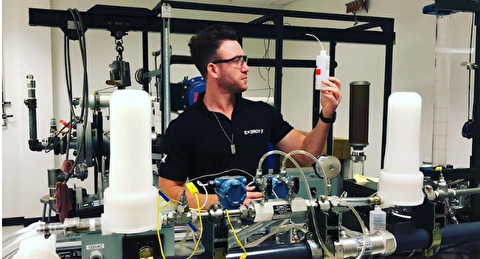
EnergyX expands US Smackover acreage to cut lithium costs
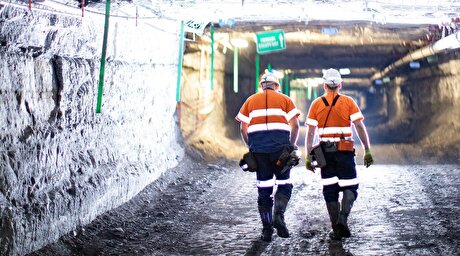
Anglo American posts $1.9B loss, cuts dividend

Silver remains attractive investment, with potential ‘squeeze’ scenario: Sprott
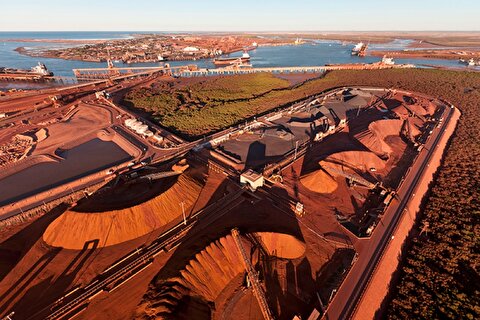
The world’s biggest iron ore windfall is fading for Australia
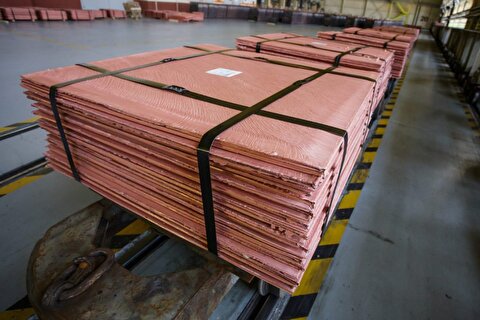
Trump tariff surprise triggers implosion of massive copper trade

Maxus expands land holdings at Quarry antimony project in British Columbia

Copper price collapses by 20% as US excludes refined metal from tariffs

B2Gold gets Mali nod to start underground mining at Fekola

St Augustine PFS confirms ‘world-class’ potential of Kingking project with $4.2B value

Agnico stock rises on record quarterly profit, free cash flow

EnergyX expands US Smackover acreage to cut lithium costs

Anglo American posts $1.9B loss, cuts dividend

Silver remains attractive investment, with potential ‘squeeze’ scenario: Sprott

The world’s biggest iron ore windfall is fading for Australia

Trump tariff surprise triggers implosion of massive copper trade

